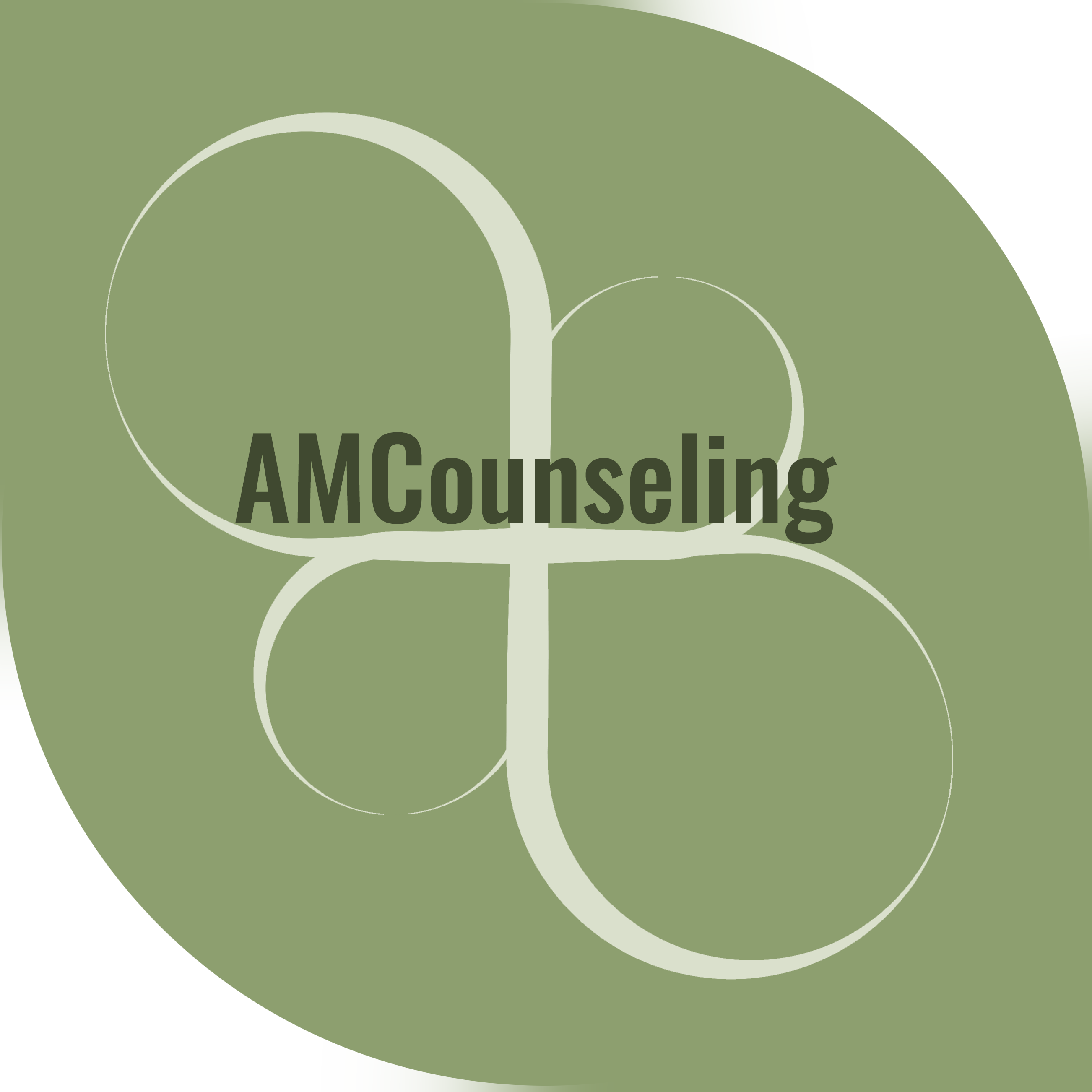What is Narcissism?
Narcissism, a term derived from Greek mythology, refers to an excessive interest in or admiration of oneself. While it’s normal for individuals to have moments of self-focus, narcissism, in a psychological context, represents a more pervasive pattern of self-centeredness, often at the expense of others.
What is Narcissistic Personality Disorder?
Narcissistic Personality Disorder (NPD) is defined in the Diagnostic and Statistical Manual of Mental Disorders, Fifth Edition (DSM-5) as a pervasive pattern of grandiosity (in fantasy or behavior), need for admiration, and lack of empathy, beginning by early adulthood and present in a variety of contexts. To be diagnosed with NPD, an individual must exhibit several criteria items. Here are a few examples of some of the criteria that is evaluated when determining if someone has NPD (please note that this is not the full list of criteria):
- A grandiose sense of self-importance.
- Preoccupation with fantasies of unlimited success, power, brilliance, beauty, or ideal love.
- Belief that they are “special” and unique and can only be understood by, or should associate with, other special or high-status people.
- Interpersonally exploitative behavior.
- Lack of empathy.
- Envy of others or a belief that others are envious of them.
Prevalence and Diagnosis Challenges
NPD is relatively rare, affecting approximately 0.5% to 1% of the general population. It is more commonly diagnosed in men than in women. Diagnosing NPD can be challenging due to the overlap of symptoms with other personality disorders and the tendency for individuals with NPD to lack self-awareness about their condition. Mental health professionals must carefully evaluate a patient’s history and behavior to make an accurate diagnosis.
Misconceptions and Overuse of the Term Narcissism
In recent years, the term narcissism has been increasingly overused and misapplied in everyday language. Many people use it casually to describe anyone who exhibits selfish or vain behavior, diluting its clinical significance. This misconception can lead to misunderstandings about the seriousness and complexity of NPD, overshadowing the real struggles faced by those with the disorder and their loved ones.
Signs You Might Be Dating Someone with Narcissistic Personality Disorder
If you suspect you are dating someone with NPD, there are several red flags to watch for:
- Excessive need for admiration: They constantly seek compliments and validation.
- Lack of empathy: They show little interest in your feelings or needs.
- Manipulative behavior: They exploit others to achieve their own goals.
- Entitlement: They expect special treatment and are baffled when it’s not given.
- Grandiosity: They often talk about their achievements and talents in an exaggerated manner.
- Interpersonal difficulties: They have a history of turbulent relationships with friends and family.
Supporting Yourself in a Relationship with Someone with NPD
Being in a relationship with someone who has NPD can be challenging and emotionally draining. Here are two ways to support yourself:
Set Boundaries
Establish clear and firm boundaries to protect your emotional well-being. Communicate your limits and stick to them. Boundaries are crucial in preventing manipulative behaviors and ensuring that your needs are also considered.
Seek Support
Reach out to friends, family, or a mental health professional for support. Talking to someone who understands your situation can provide emotional relief and practical advice on managing the relationship. Support groups, both online and offline, can also offer a sense of community and shared experiences. If you feel like you could benefit from additional support, let’s connect https://amandamaurocounseling.com
Educate Yourself
Learn about NPD to better understand the behaviors and tactics commonly used by individuals with NPD. Educating yourself can help you identify manipulation and maintain perspective. Knowledge empowers you to recognize that the problematic behaviors are part of the disorder, not a reflection of your worth or actions. Reading books, attending workshops, or consulting reputable online resources can provide valuable insights and coping strategies. Here is an article that talks about unhealthy relationship dynamics that can also provide support https://amandamaurocounseling.com/patterns-in-relationships-steps-toward-change-and-growth/
Understanding narcissism and Narcissistic Personality Disorder is essential in recognizing the true nature of this condition. While the term is often misused in everyday conversation, NPD is a complex and serious disorder that requires professional diagnosis and intervention. If you find yourself in a relationship with someone exhibiting these traits, prioritizing your own well-being and seeking support are critical steps in navigating this challenging dynamic.
Photo by Marija Zaric on Unsplash

